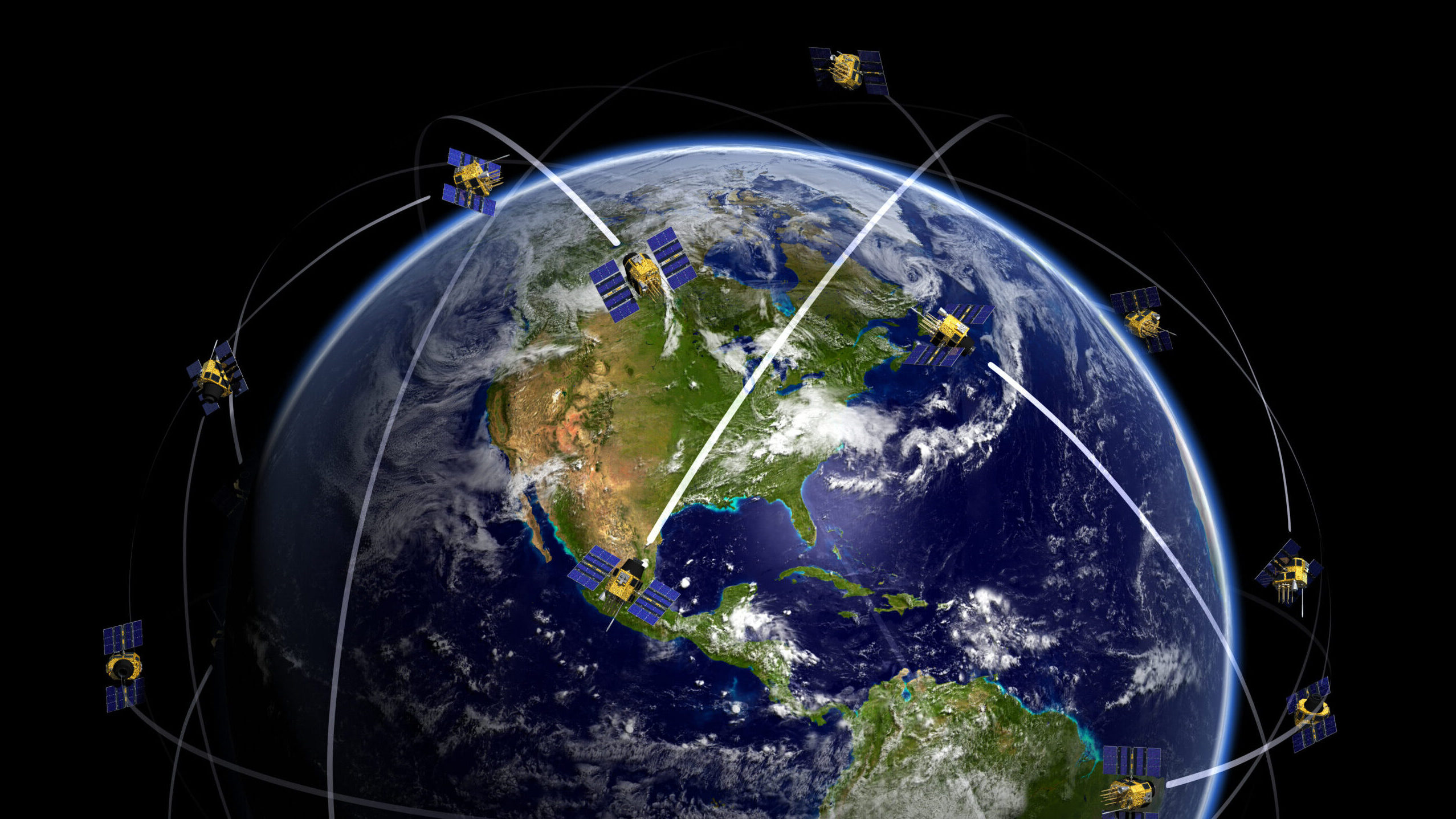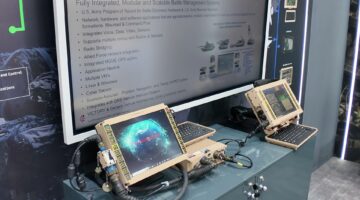
WASHINGTON — The Justice Department (DoJ) has filed to dismiss satellite communications firm Ligado Network’s October 2023 lawsuit against the federal government, arguing both that the court does not have jurisdiction and that the company’s claims have no legal basis.
Ligado’s suit alleged that officials at the Departments of Defense and Commerce took “unlawful actions” to, in effect, improperly seize without compensation the firm’s L-band spectrum granted to build a 5G communications network by the Federal Communications Commission (FCC) in 2020 over department objections.
The DoJ motion, filed Thursday in the US Court of Federal Claims by Principal Deputy Assistant Attorney General Brian Boynton, is the latest episode in the decades-long drama over Ligado’s plan to use L-band spectrum normally used by satellites to develop a wireless cell phone network, which DoD, Commerce and a number of other federal agencies, including the Department of Transportation, insist will interfere with signals from the Global Position Satellite (GPS).
GPS is used by myriad military weapon systems; the US air traffic control network; trains, planes and automobiles for navigation; and everyday citizens trying to find their way from here to there using interactive maps on their cell phones.
The DoJ motion (Case 1:23-cv-01797-EJD) first asserts that rather than the US Federal Claims Court, the issue instead falls under jurisdiction of the Federal Communications Act, which “established a comprehensive remedial scheme” for FCC licensing decisions.
Secondly, the motion argues that even if the court had jurisdiction, Ligado’s claims do not legally stand up due to two key “deficiencies.”
“First, Ligado cannot establish a cognizable property interest in its FCC license because ‘[t]he policy of the [Communications] Act is clear that no person is to have anything in the nature of a property right as a result of the granting of a license,’ and the Government may modify or revoke the license at any time.” Indeed, the motion says that earlier legal rulings established that FCC licenses are “not property.”
Second, the DoJ motion says, Ligado’s complaint “fails to allege any authorized Government actions that could give rise to takings liability, and instead it contends that the Government has been engaged in an unlawful effort to preclude Ligado from using its FCC license. These contentions necessarily preclude any takings liability.”
The motion goes on to contest each of the Ligado suit’s four specific legal claims. In particular, DoJ alleges “Ligado fails to plead any plausible facts to support its purely speculative claim that the Government has occupied its licensed spectrum. And its theory that the Government required a spectrum ‘dead zone’ around the separate spectrum bands allocated for GPS use similarly fails because Ligado cannot identify any authorized Government action that precluded it from actually using its modified license.”
In response to the motion, Ligado provided a statement to Breaking Defense saying that, “As set out in the company’s lawsuit, government officials deliberately deprived Ligado of its rightfully licensed property, and the government must be held accountable.
“This attack on an American business by the world’s most powerful institution is contrary to the rule of law and antithetical to the government’s years-long support for the deployment of 5G technology as a vital national priority,” the statement said. “We worked diligently and in good faith with government agencies to find a fair resolution but were left with no choice but to pursue litigation to defend our interests. We continue to stand firmly behind our complaint and will reply to the government’s motion in the appropriate forum.”

